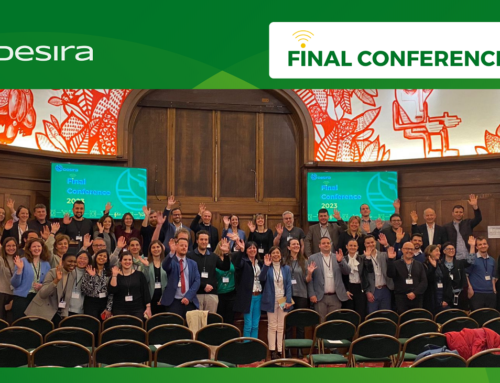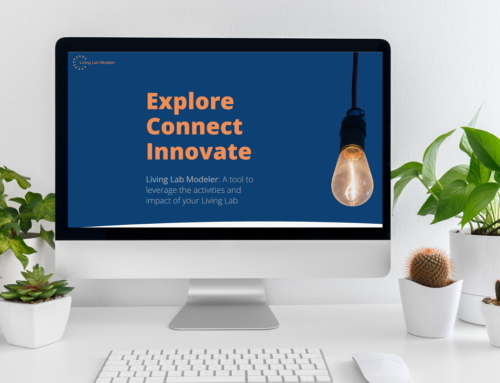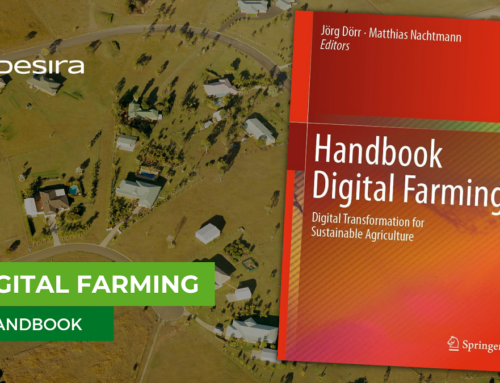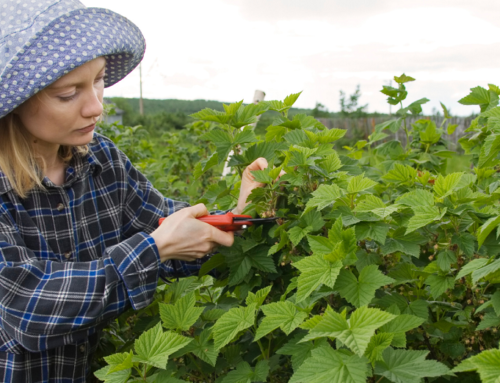Author: Blanca Casares (AEIDL)
The ‘Rural Vision Week: Imagining the future of Europe’s rural areas’, organised by the European Network for Rural Development (ENRD) Contact Point, together with the European Commission’s Directorate-General for Agriculture and Rural Development (DG AGRI), took place between the 22 and 26 March 2021. The event included high level presentations, thematic workshops, fringe activities and the ‘OUR RURAL’ marketplace, which showcased different contributions to the process by National Rural Networks, Horizon 2020 projects and other initiatives.
The Rural Vision Week involved hundreds of European stakeholders interacting to contribute to the process of the ‘Long-term vision for rural areas’ (LTVRA) initiative launched by the European Commission. The final Communication is expected to be published before the summer of 2021.
Digitalisation came across as a key factor in shaping the future of rural areas in several workshops of the Rural Vision Week. In addition, participatory Workshop 2 focused on ‘Digitally-led innovative rural futures‘, where participants discussed around harnessing digital opportunities and creating innovative solutions for the future.
This workshop considered the steps that need to be taken to ensure that rural areas have the infrastructure, skills and services that allow them to fulfil their potential to apply and develop innovative solutions that benefit rural and urban communities alike. It covered both the conditions for a genuine digital transformation and for becoming a player in wider innovation processes.
DESIRA’s coordinator Gianluca Brunori (University of Pisa) was one of the main speakers of the session. In his presentation, he introduced the Principles for a sustainable rural digitalisation extracted from the DESIRA’s Rural Digitalisation Forum dedicated contribution to the process of the LTVRA.
The long term vision of rural areas should be based on a process of sustainable digitalisation and socio-technical transformation that contributes to ‘a safe and just operating space’ for rural communities.
– Gianluca Brunori (University of Pisa)
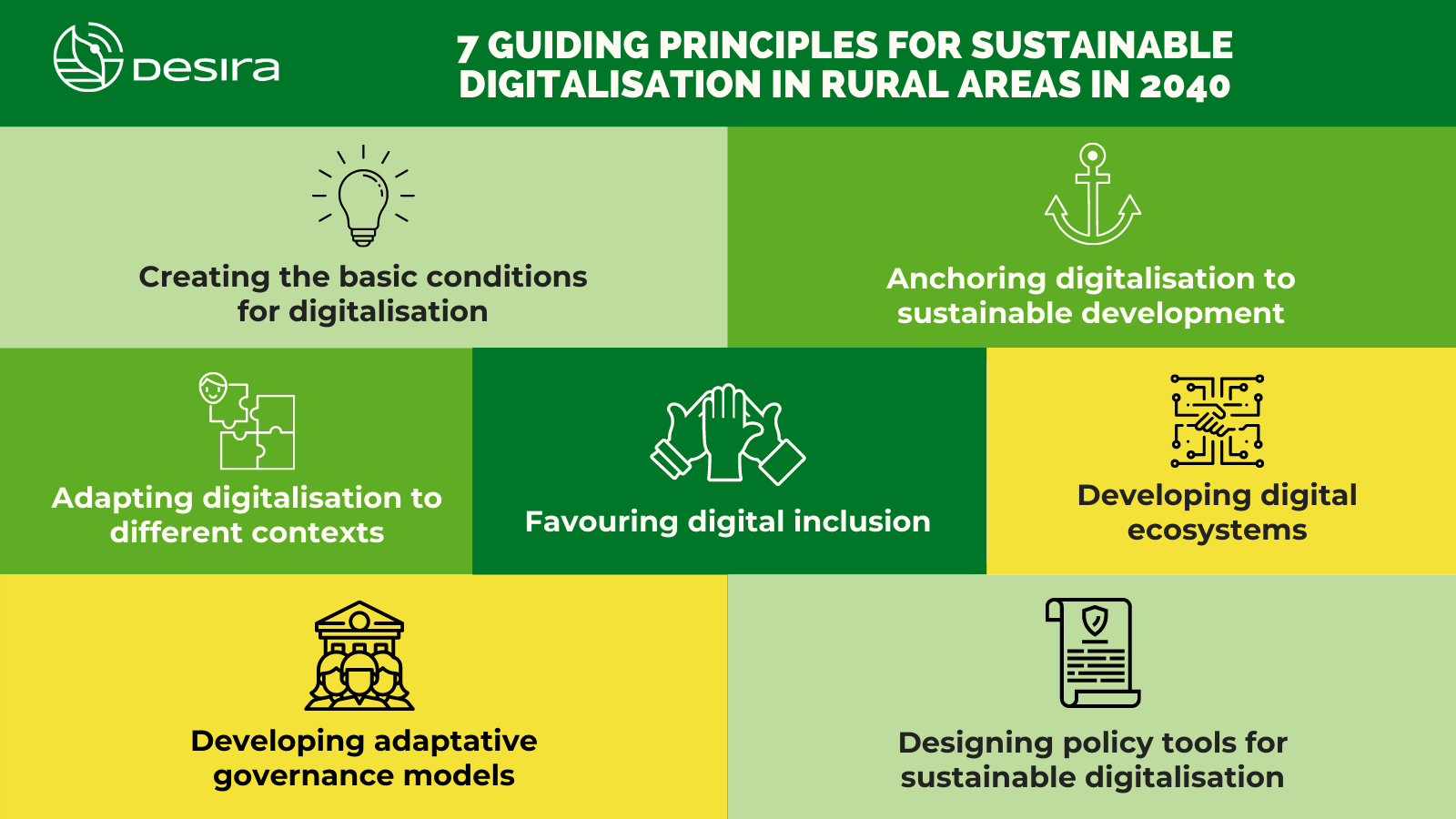
DESIRA’s contribution takes the form of three documents that reflect on how digital technologies can contribute to build desirable futures for rural areas by 2040 and provide examples on the application of key technologies nowadays. Furthermore, a fourth document elaborating recommendations to be considered in the future rural vision, supporting a sustainable digital transformation through mechanisms that allow rural actors to seize the opportunities offered by digitalisation and minimise its risks.
Gianluca Brunori indicated that the principles of sustainable digitalisation should provide the criteria for assessment and promotion of appropriate technologies in rural areas. The sustainable digitalisation of rural areas requires an exceptional effort of strategic coordination and coherence of policies, and a programme of massive investments. Moreover, the improvement of human and social capital should be the drivers and the outcomes of a sustainable digitalisation.
The other invited expert, Emilija Stojmenova Duh (University of Ljubljana and 4P Digital Innovation Hub), presented the Digital and innovative futures, where she reflected about how would a digitally equipped rural area look like in 2040. She emphasised the importance of digital innovation ecosystems, interoperable data platforms and the equal access to human-centric digital technologies.
The first reflections from the whole workshop spotlighted:
- The three basic conditions for digitalisation need to be met: i) Infrastructure; ii) Human skills; iii) Access to technology.
- A ‘rural-based’ approach to digitalisation, starting from local contexts.
- Empower local communities in rural areas to engage with higher-level governance structures.
- Develop ‘Local Digital Innovation Ecosystems’ by deploying a network of rural innovation hubs (Community Hubs, FabLabs, Co-Working, Research Villages….).
- Networking and Local Digital Brokers.
- Set a number of targets to boost action and resources for rural digitalisation.
- Support community-led innovation.
In addition, during the Rural Vision Week, the Marketplace provided space for a wide range of rural stakeholders who wanted to share their key activities and display their messages for developing the Long-Term Vision for Rural Areas until 2040. This included virtual stalls of National Rural Networks, H2020 projects and other initiatives.
DESIRA Horizon 2020 project had an individual virtual stall in the marketplace during the week. The ambassadors, Gianluca Brunori and Blanca Casares, had the opportunity to talk to interested participants about digital transformation, digitalisation in the forestry sector, new project activities, etc.


